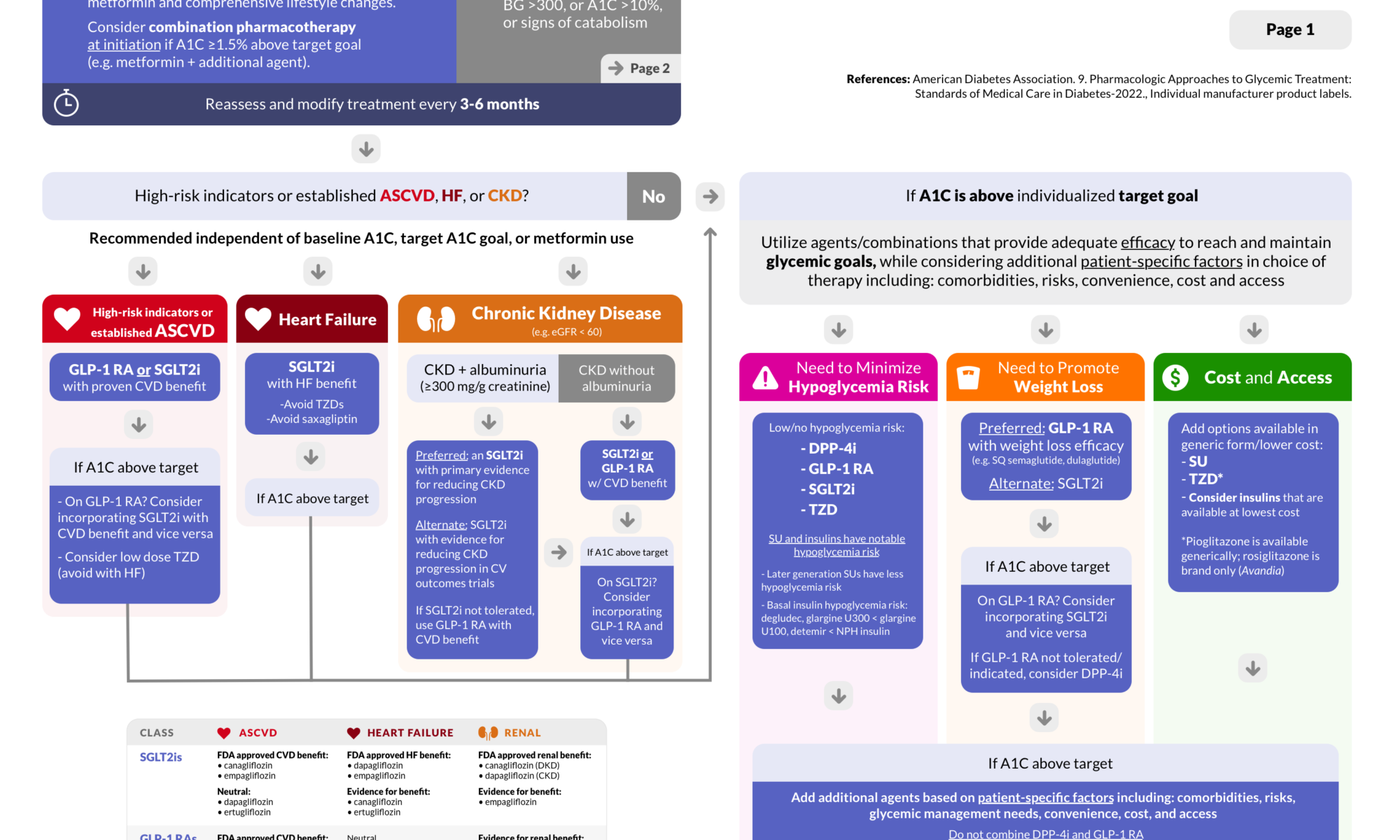Podcast: Play in new window | Download (Duration: 12:56 — 5.9MB) | Embed
On this episode, I discuss liraglutide pharmacology, drug interactions, and adverse effects.
Liraglutide is well known to cause nausea. It is important to assess the severity of nausea as it may subside in some patients as they gain tolerability to the medication.
We mentioned the 2022 Diabetes Guideline Cheat Sheet in the podcast – you can get that for free at pyrls.com/rlp
Liraglutide has a fairly low risk of hypoglycemia when used alone, but this risk increases when it is used with insulin or sulfonylureas.
Saxenda is the weight loss formulation of liraglutide and dosing is higher for weight management than it is for diabetes management.
Be sure to check out our free Top 200 study guide – a 31 page PDF that is yours for FREE!
Support The Podcast and Check Out These Amazing Resources!
Meded101 Guide to Nursing Pharmacology (Amazon Highly Rated)
Guide to Drug Food Interactions (Amazon Best Seller)










